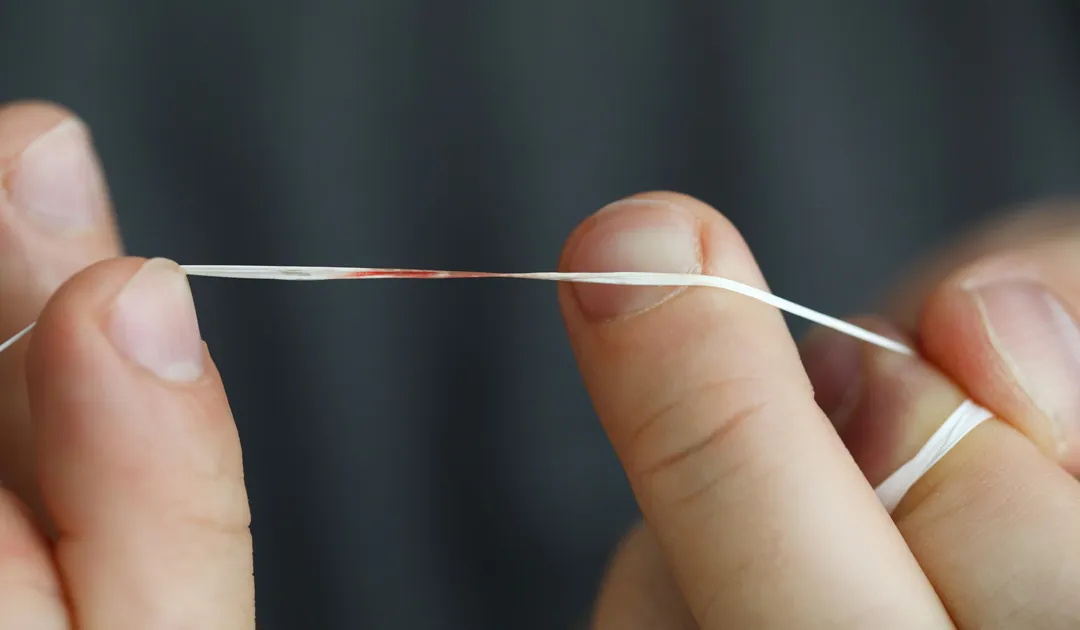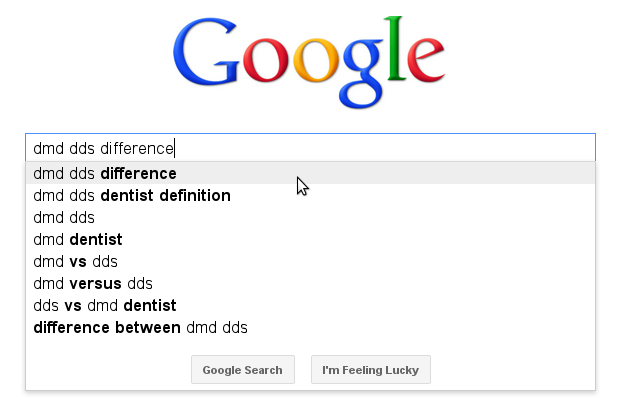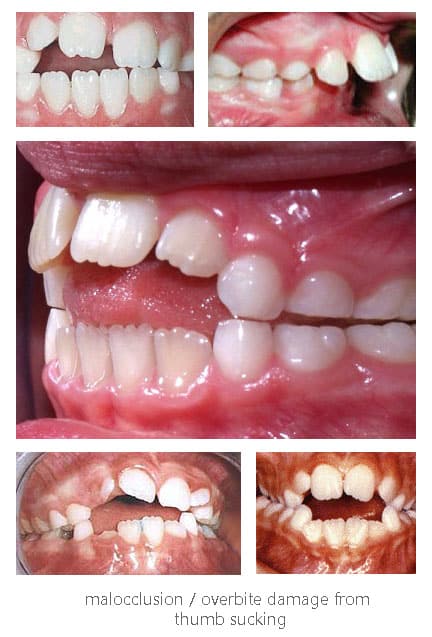Why Do Gums Bleed? Stop Flossing Pain

Bleeding gums can be a distressing and painful experience, often leading individuals to reassess their oral hygiene habits. One common culprit behind bleeding gums is the act of flossing itself. While flossing is a crucial component of maintaining good oral health, improper technique or over-enthusiastic flossing can cause gums to bleed. However, stopping flossing altogether is not the solution, as this can lead to a buildup of plaque, tartar, and bacteria, further exacerbating gum issues.
Understanding Gum Bleeding
Gum bleeding, also known as gum hemorrhage, occurs when the gums become inflamed or irritated, causing them to bleed. This can be due to various factors such as poor dental hygiene, gum disease, hormonal changes, or certain medical conditions. When gums bleed, it’s often a sign that the body is trying to fight off an infection or inflammation. In some cases, bleeding gums can be a symptom of a more serious underlying condition, such as periodontal disease or vitamin deficiencies.
The Role of Flossing in Gum Health
Flossing is an essential part of maintaining healthy gums and teeth. By removing food particles, plaque, and bacteria from between teeth and under the gumline, flossing helps prevent the buildup of tartar, which can lead to gum disease. However, flossing can also cause bleeding gums if not done properly. Using too much force, flossing too aggressively, or using a floss that is too rough can all contribute to gum bleeding.
Techniques to Reduce Flossing Pain and Bleeding
To minimize flossing pain and bleeding, it’s essential to adopt proper flossing techniques. Here are a few tips:
- Use a gentle touch: Flossing should be a smooth, gentle process. Avoid using too much force or snapping the floss, as this can cause irritation and bleeding.
- Choose the right floss: Opt for a floss that is designed for your teeth and gum type. Some flosses are specifically designed for sensitive gums or teeth, while others may be more suitable for tighter spaces.
- Curve the floss: When flossing, curve the floss around the base of each tooth in a “C” shape. This helps to remove plaque and bacteria without causing irritation.
- Floss regularly: Flossing regularly can help reduce gum bleeding over time. Aim to floss at least once a day, preferably before brushing your teeth.
Additional Tips to Stop Gums from Bleeding
In addition to proper flossing techniques, there are several other ways to reduce gum bleeding:
- Brush gently: Use a soft-bristled toothbrush and gentle circular motions to clean your teeth and gums.
- Use a desensitizing toothpaste: If you experience sensitivity or pain while flossing, consider using a desensitizing toothpaste to help numb the area.
- Rinse with salt water: Rinsing your mouth with warm salt water can help reduce inflammation and bleeding.
- Avoid tobacco and smoking: Tobacco and smoking can exacerbate gum disease and increase the risk of gum bleeding.
When to Seek Professional Help
While bleeding gums can often be addressed through proper oral hygiene and techniques, there are times when professional help is necessary. If you experience any of the following, consider consulting a dentist or healthcare professional:
- Persistent bleeding: If your gums continue to bleed despite proper flossing and oral hygiene techniques.
- Severe pain: If you experience severe pain or discomfort while flossing or brushing your teeth.
- Swollen or inflamed gums: If your gums are swollen, red, or inflamed, this could be a sign of a more serious underlying condition.
- Loose teeth: If your teeth feel loose or are shifting, this could be a sign of advanced gum disease.
By adopting proper flossing techniques and maintaining good oral hygiene habits, you can reduce the risk of gum bleeding and promote overall gum health. While it may be tempting to stop flossing altogether, this can lead to more severe oral health issues in the long run. Instead, focus on finding a gentle and effective flossing routine that works for you.
What is the main cause of bleeding gums?
+The main cause of bleeding gums is poor oral hygiene, which can lead to the buildup of plaque, tartar, and bacteria. However, improper flossing techniques, hormonal changes, and certain medical conditions can also contribute to gum bleeding.
How can I reduce flossing pain and bleeding?
+To reduce flossing pain and bleeding, use a gentle touch, choose the right floss, curve the floss around the base of each tooth, and floss regularly. Additionally, brushing gently, using a desensitizing toothpaste, and rinsing with salt water can help.
When should I seek professional help for bleeding gums?
+Seek professional help if you experience persistent bleeding, severe pain, swollen or inflamed gums, or loose teeth. A dentist or healthcare professional can help diagnose and treat underlying conditions, providing personalized guidance on maintaining good oral health.


